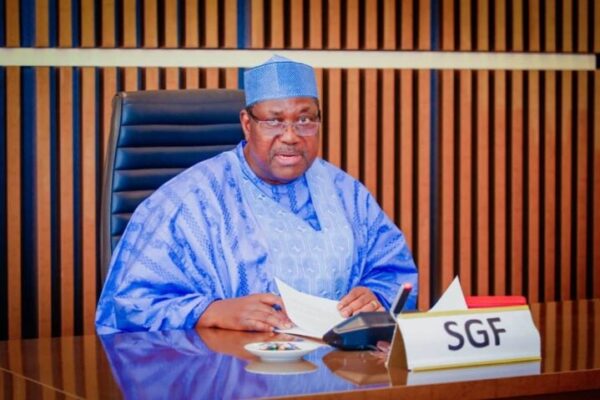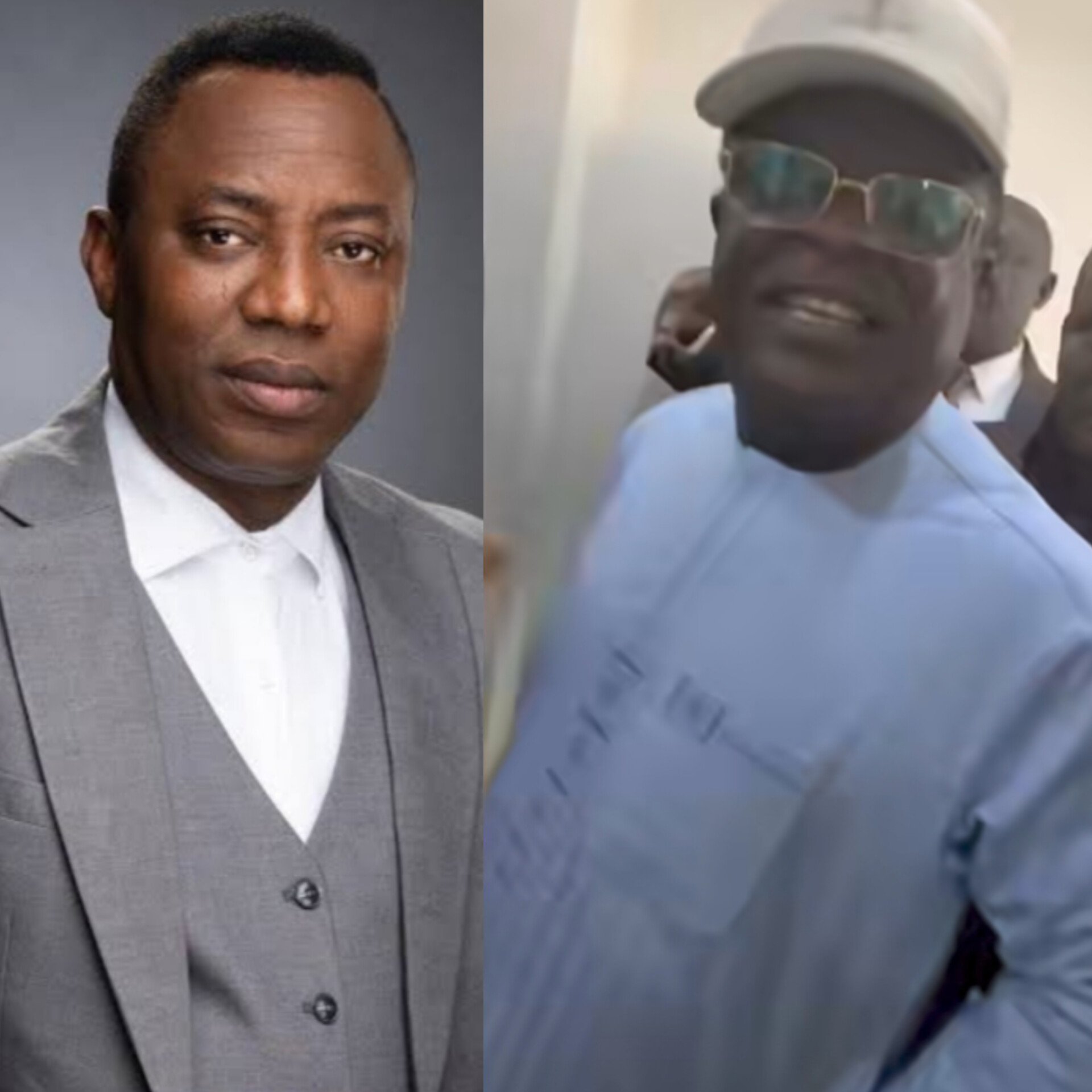
FG Warns Trump’s Comments Could Embolden Violent Groups in Nigeria
George Akume, Secretary to the Government of the Federation (SGF), has cautioned that recent comments by US President Donald Trump on Nigeria’s security situation may embolden violent groups to exploit international narratives and carry out fresh attacks. Trump had recently described Nigeria as a “country of particular concern” and accused the federal government of ignoring attacks on Christians. Speaking at a press briefing in Abuja on Wednesday, Akume detailed the evolution of violent extremism, Boko Haram and ISWAP insurgency, and banditry in northern Nigeria. He explained that the insurgency has two main fronts: ideological extremism in the north-east linked to global terrorist networks, and economically motivated violence in the north-west, driven by illegal mining, cattle rustling, extortion, and kidnapping-for-ransom. Akume stressed that both Muslims and Christians have been targeted, and no credible international organization has classified the crisis as genocide against Christians. “No credible international institution has designated the crisis as genocide against Christians. Boko Haram and ISWAP attack both churches and mosques, killing Muslims and Christians alike,” he said, adding that bandits attack communities without regard to religion. He traced part of Nigeria’s insecurity to weapons proliferation across the Sahel following the collapse of Libya and instability in Egypt after the 2011 uprisings, noting that Nigeria lacked a legal framework to tackle terrorism until the Terrorism Prevention Act was passed after the Independence Day bombing by Henry Okah. Akume provided a brief history of Boko Haram, from its founding in 2002 under Mohammed Yusuf, its escalation under Abubakar Shekau, to its transformation into ISWAP after pledging allegiance to ISIS in 2015. He also said that north-west banditry is fueled by competition for land and water, illegal mining, cattle rustling, and the commercialization of kidnapping. Highlighting recent attacks, he cited the June 2025 incident in Yelewata, Guma LGA of Benue, where at least 100 people were killed, prompting federal intervention. Akume assured that Nigeria’s armed forces remain “highly capable, experienced and professional,” emphasizing that the country does not require foreign troops but would benefit from targeted support in intelligence, technology, and equipment. “Recent pronouncements from the United States have inadvertently emboldened opportunistic violent groups seeking to exploit international narratives and attack soft targets,” he said, noting that insurgent structures had been significantly weakened prior to these remarks. Reiterating the government’s position, he said Nigeria rejects any claims that the conflict amounts to genocide and remains committed to protecting all citizens, regardless of religion. He underscored the country’s secular nature, reflected in diverse federal appointments, including within the security council. Looking ahead, Akume outlined plans to strengthen nationwide security operations, enhance intelligence-sharing with the US and other allies, tackle illegal mining, and improve border security. “Now is the time to speak with one strong and united voice to confront a common enemy — terrorists, bandits, and extremist insurgents — and eliminate them from our national borders,” he said.

